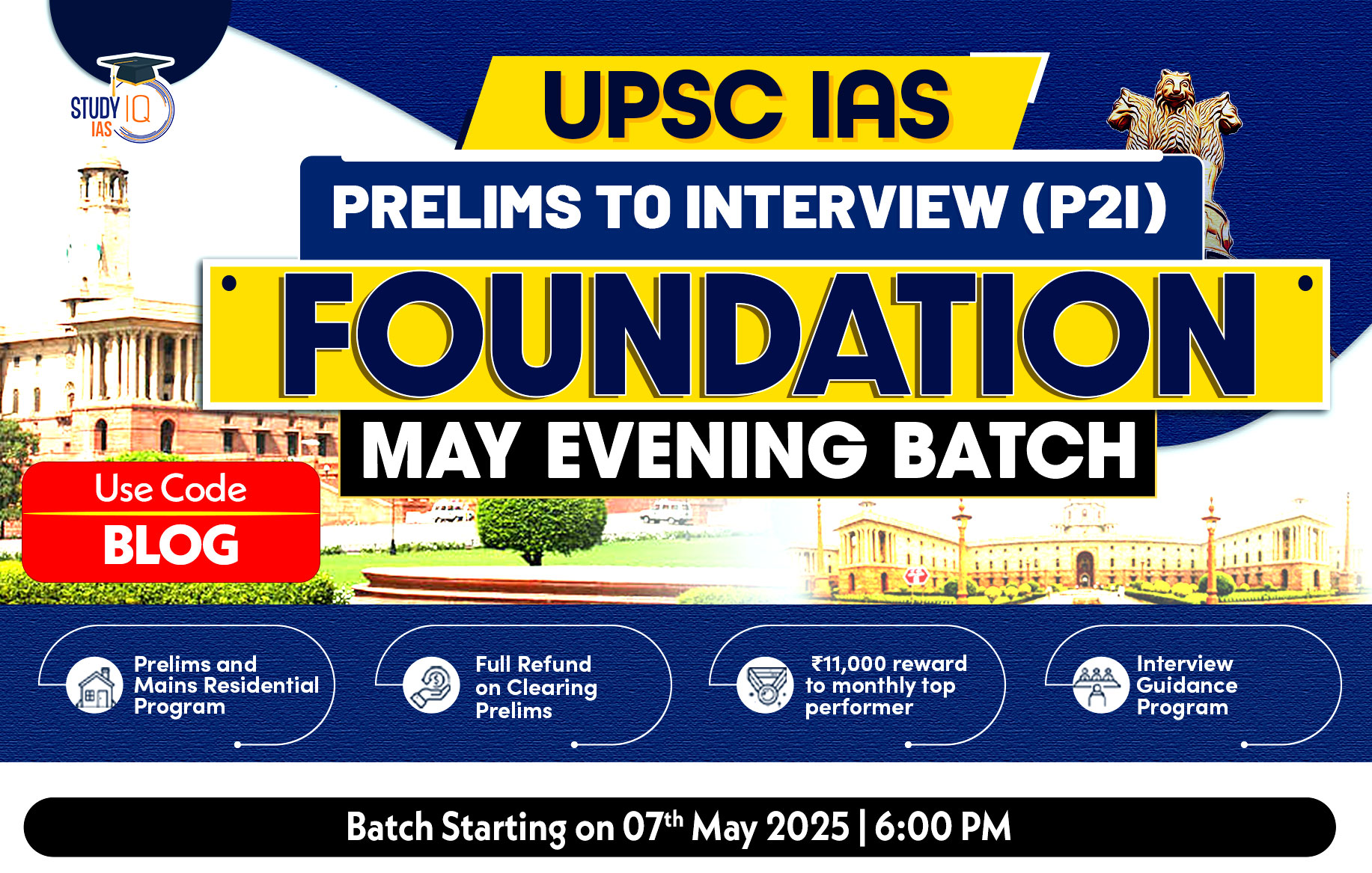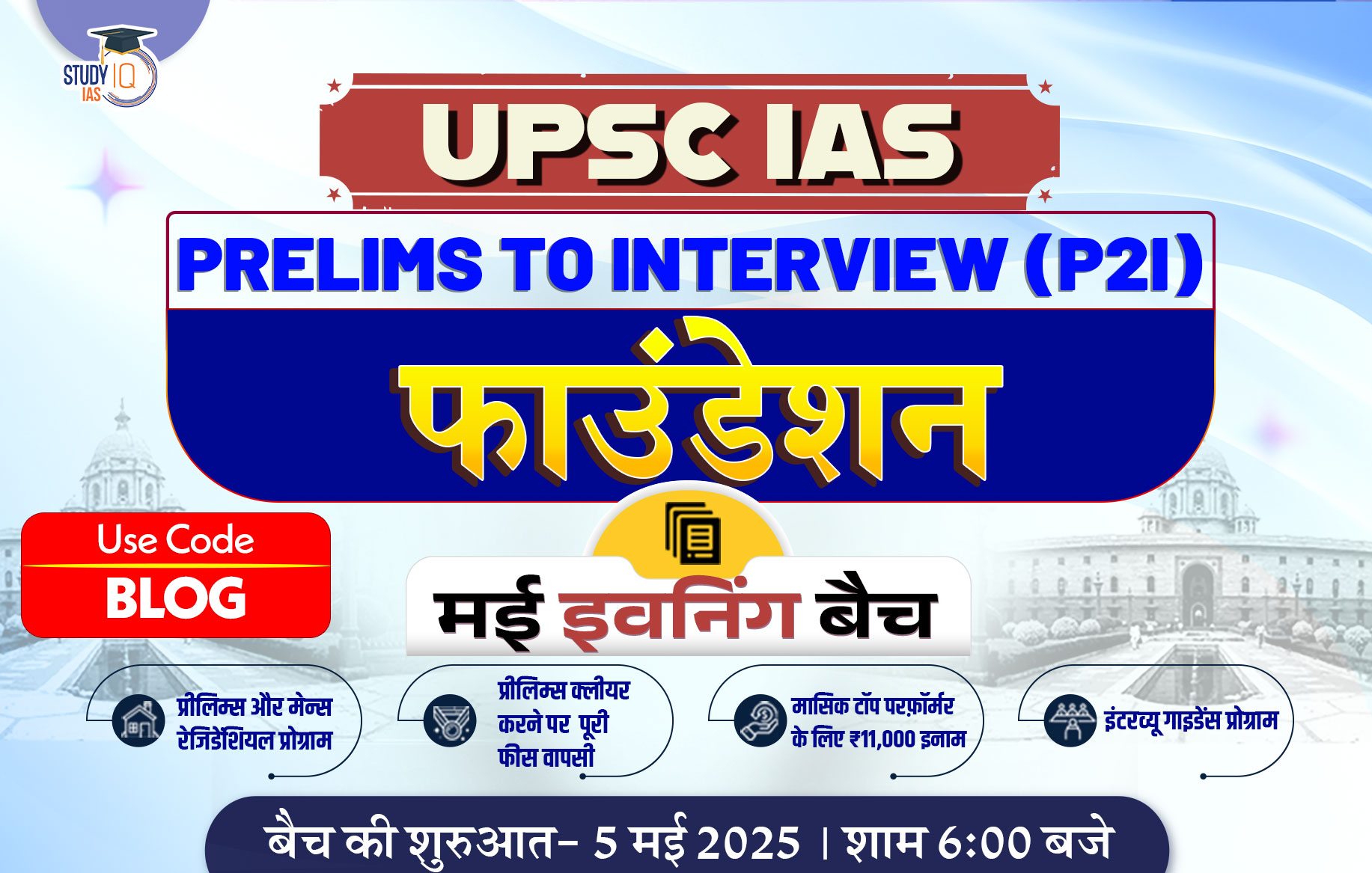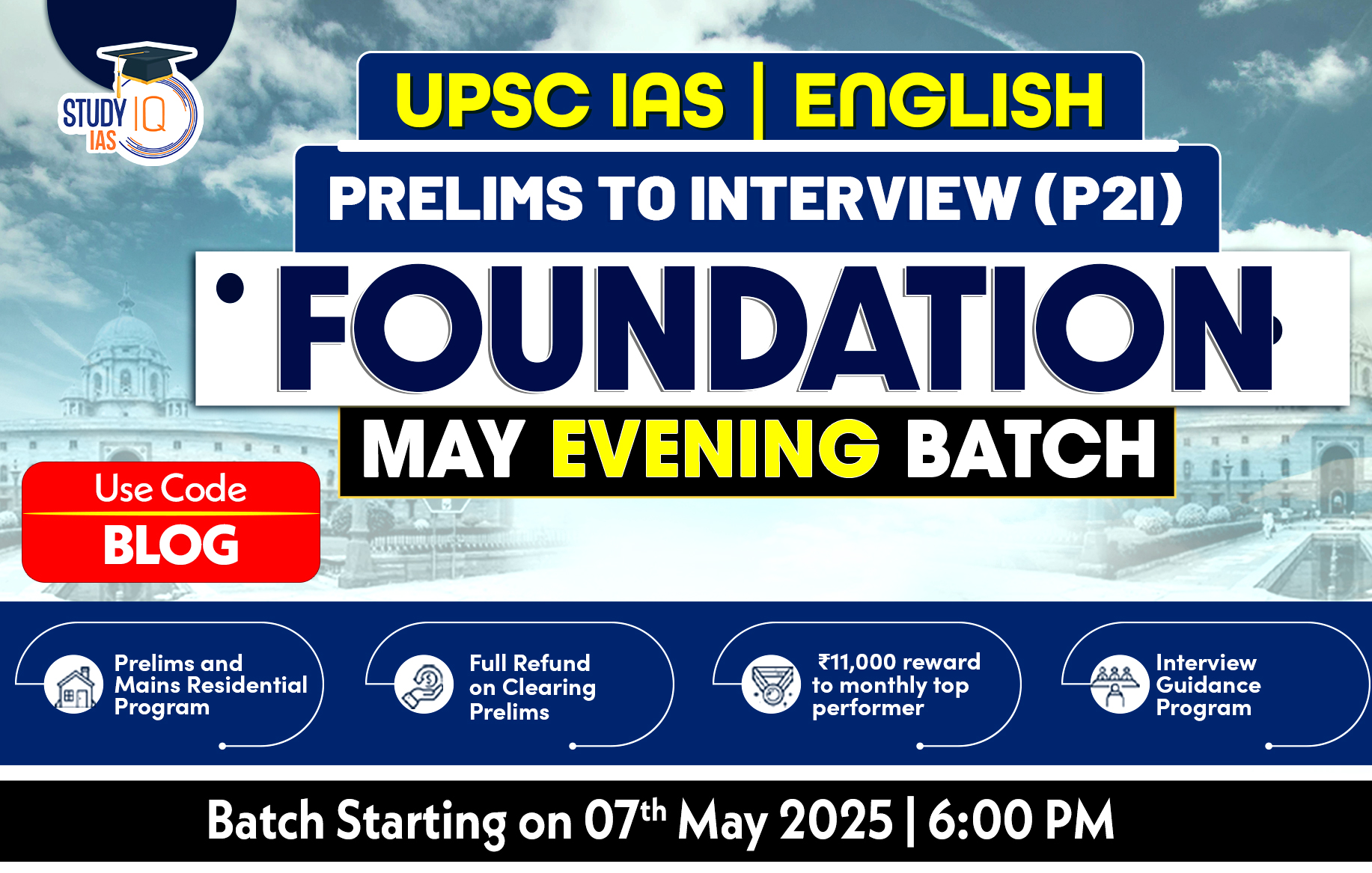Daily Current Affairs for UPSC 2023
Q) Which one of the following countries is not a member of NATO Plus group?
- Japan
- Australia
- Indonesia
- South Korea
Daily Current Affairs for UPSC – 21 June April 2023
Explanation:
- Option (3) is incorrect: NATO Plus is a grouping of the North Atlantic Treaty Organization (NATO) and five countries, including Australia, New Zealand, Japan, Israel, and South Korea. It aims to boost defence and intelligence ties. Senators Mark Warner and John Cornyn have expressed their intent to introduce a bill to make India part of the NATO Plus grouping. This status would grant India access to seamless intelligence sharing between these countries. It seeks to build on India’s shared interest in thwarting Chinese hegemonic plans in Indo-Pacific. India would get access to the latest military technology without much of a time lag. It would further strengthen India’s defence partnership with the United States. The inclusion of India in the NATO Plus would also strengthen global security.
Q) Consider the following statements about Internet Shutdowns:
- The governor of a state has the authority to give instructions for internet shutdowns.
- The Domain Name System can be used by the government to deny access to particular websites.
- A region’s telecom services can be suspended for up to 15 days in accordance with the Temporary Suspension of Telecom Services Rules.
How many of the statements given above is/are correct?
- Only one
- Only two
- All three
- None
Explanation:
- Statement 1 is incorrect but statement 3 is correct: Till the year 2017, internet shutdowns were imposed largely under Section 144 of the Code of Criminal Procedure (CrPC). Section 144 of CrPC gave the police and the District Magistrate the powers in order to prevent unlawful gathering of people and also to direct any person to abstain from a certain activity. However, in 2017, the Government promulgated the Temporary Suspension of Telecom Services (Public Emergency or Public Safety) Rules 2017 (under the Indian Telegraph Act, 1885) provide for a temporary shutdown of telecom services in a region on grounds of public emergency (up to 15 days at once). Such directions can be issued by Secretary to the Government of India in the Ministry of Home Affairs in the case of Government of India or by the Secretary to the State Government in-charge of the Home Department in the case of a State Government.
- Statement 2 is correct: By tampering with Domain Name System (DNS), authorities can redirect or block access to specific websites or services. This can be achieved by altering DNS records, redirecting DNS queries to different IP addresses, or blocking access to certain DNS servers’ altogether.
Q) With reference to climate change negotiations, consider the following statements:
- The Global Stocktake of emissions take place every year under the Paris Agreement.
- The ‘Santiago Network on Loss and Damage’ and ‘Mitigation Work Programme’ was signed during the Bonn Climate Meeting in 2023.
- The ‘New Collective Quantified Goals’ are pledges made by developed countries to finance developing countries’ efforts to combat climate change.
How many of the statements given above is/are correct?
- Only one
- Only two
- All three
- None
Explanation:
- Statement 1 is incorrect: Global Stocktake (GST) mandated by the 2015 Paris Agreement is an assessment of progress in the fight against climate change and aims to enhance global action. A framework was developed outlining the elements to be included in the Stocktake. According to the Paris Agreement, the GST should take place every five years, starting in 2023. The actual meeting on GST would come in at COP28 which will convene from 30 November to 12 December.
- Statement 2 is incorrect: The Santiago Network signed at COP 25 in Madrid, Spain aims to catalyze the technical assistance of relevant organizations, bodies, networks and experts, for the implementation of relevant approaches for averting, minimizing and addressing Loss & Damages at the local, national and regional level, in developing countries that are particularly vulnerable to the adverse effects of climate change. Another mechanism established at COP26 in Glasgow is the Mitigation Work Programme (MWP), focused on increasing emission cuts. Developing countries raised concerns about their increased climate actions without adequate financial and technological support from developed countries. Developing countries emphasize the need for international assistance in the form of finance and technology transfers to enhance their climate actions.
- Statement 3 is correct: New Collective Quantified Goal (NCQG) refers to a commitment made by developed countries to provide climate financing to developing nations. A commitment of ‘$100 billion per year till 2020’ to developing nations from developed countries was a target set at the Conference of Parties (COP) in 2009.
Q) Consider the following statements about National Commission for Protection of Child Rights (NCPCR):
- The NCPCR is a constitutional body established to uphold the United Nations Convention on the Rights of the Child.
- It has the power to forward any case to a magistrate with appropriate jurisdiction over it.
- The NCPCR also has the power to grant interim relief to the victim.
How many of the statements given above is/are correct?
- Only one
- Only two
- All three
- None
Explanation:
- Statement 1 is incorrect: National Commission for Protection of Child Rights (NCPCR) is a statutory body constituted under Section 3 of the Commission for Protection of Child Rights (CPCR) Act, 2005. NCPCR’s mandate is to ensure that all laws, policies, programmes, and administrative mechanisms are in consonance with the Child Rights perspective as enshrined in the Constitution of India and the UN Convention on the Rights of the Child. The child is defined as a person in the age group of 0 to 18 years.
- Statement 2 is correct but statement 3 is incorrect: NCPCR enquires into complaints about violation of the law. NCPCR has the powers of Civil Court. It also has the power to forward any case to a Magistrate having jurisdiction to try the same. It can summon and enforce the attendance of any person. It can recommend to the concerned Government for the grant of interim relief to the victim. The National Human Rights Commission has issued notice to the West Bengal Government over the illegal recording of a National Commission for Protection of Child Rights (NCPCR) inquiry into a case and assault on the team by the police in Kolkata.
Q) With reference to PM Gati Shakti-National Master Plan (NMP), consider the following statements:
- Under NMP, Pharmaceutical as well as agricultural zones will be covered to improve connectivity.
- It will make use of spatial planning tools along with ISRO imagery developed by BiSAG-N.
Which of the statements given above is/are correct?
- 1 only
- 2 only
- Both 1 and 2
- Neither 1 nor 2
Explanation:
- Statement 1 and 2 are correct: The Union Government may soon open up access to the PM Gati Shakti portal developed for planning multi-modal infrastructure projects. PM Gati Shakti-National Master Plan (NMP) is a digital platform that will bring 16 Ministries including Railways and Roadways together for integrated planning and coordinated implementation of infrastructure connectivity projects. The multi-modal connectivity platform will provide integrated and seamless connectivity for movement of people, goods and services from one mode of transport to another. It will facilitate the last mile connectivity of infrastructure and reduce travel time for people. It will incorporate the infrastructure schemes of various Ministries like Bharatmala, Sagarmala, inland waterways, dry/land ports, UDAN etc. Economic Zones like textile clusters, pharmaceutical clusters, defence corridors, electronic parks, industrial corridors, fishing clusters, agri zones will be covered to improve connectivity and make Indian businesses more competitive. It will also leverage technology extensively including spatial planning tools with ISRO imagery developed by BiSAG-N (Bhaskaracharya National Institute for Space Applications and Geoinformatics).

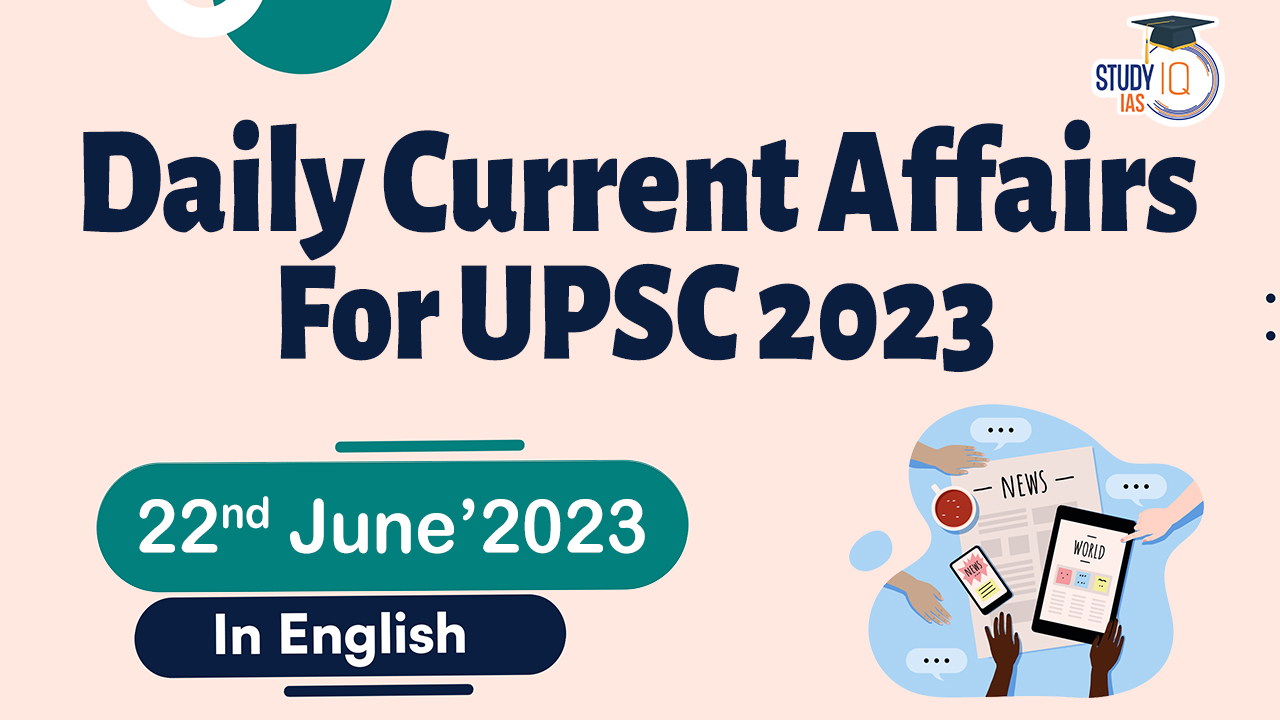
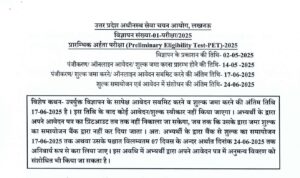 UPSSSC PET Notification 2025 Out: Apply ...
UPSSSC PET Notification 2025 Out: Apply ...
 IMF’s Fiscal Monitor and Financial Sta...
IMF’s Fiscal Monitor and Financial Sta...
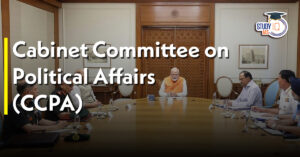 Cabinet Committee on Political Affairs (...
Cabinet Committee on Political Affairs (...

